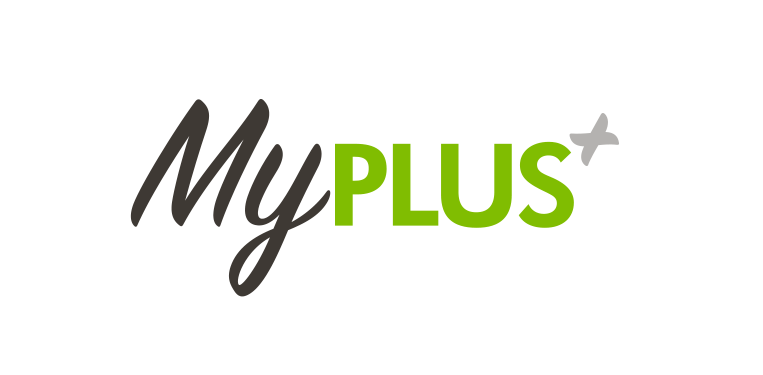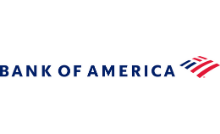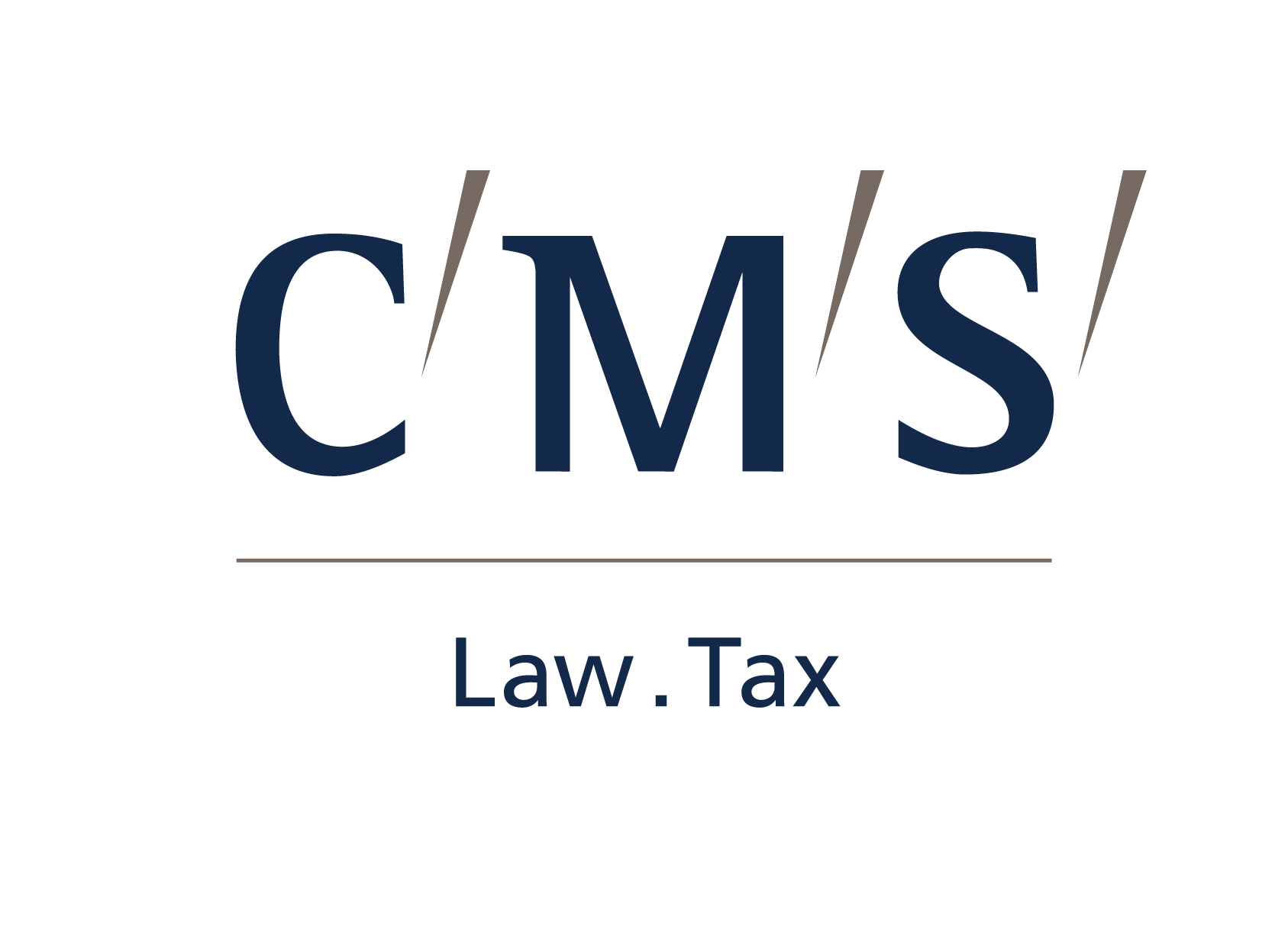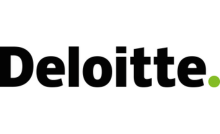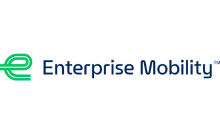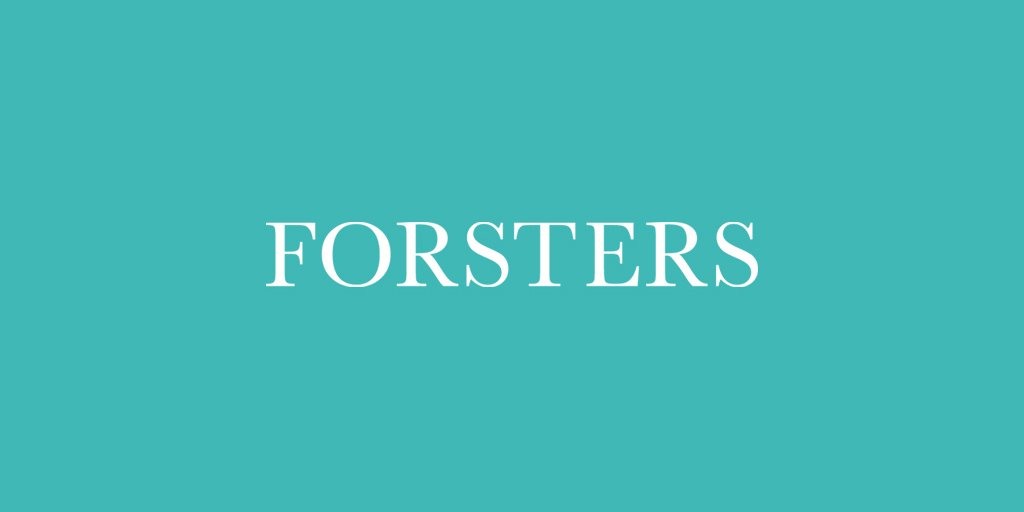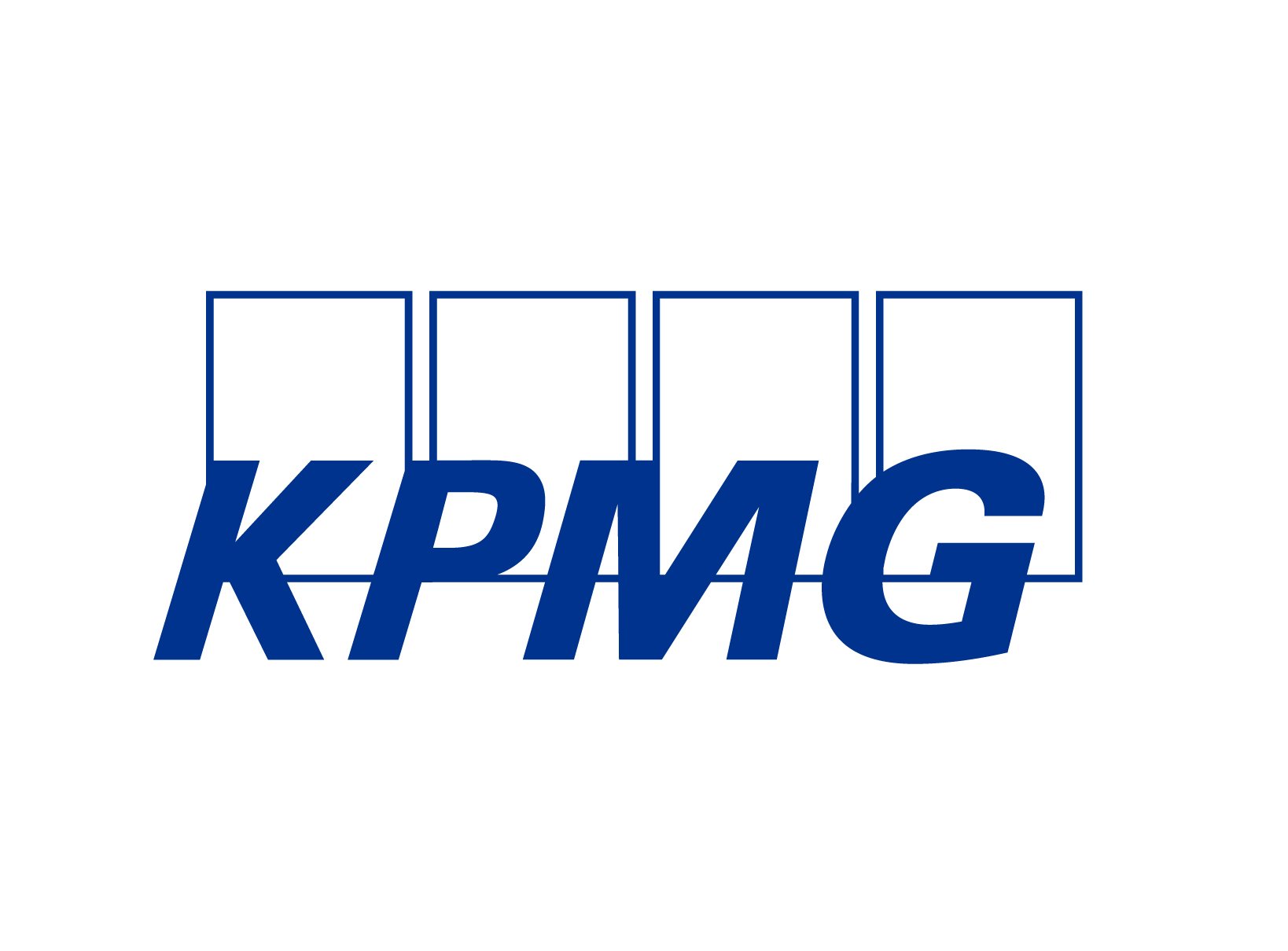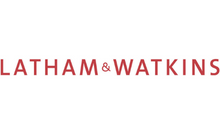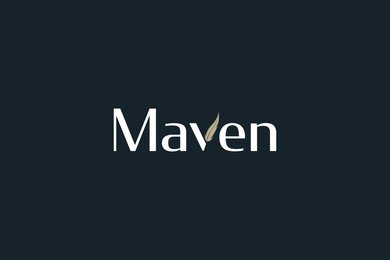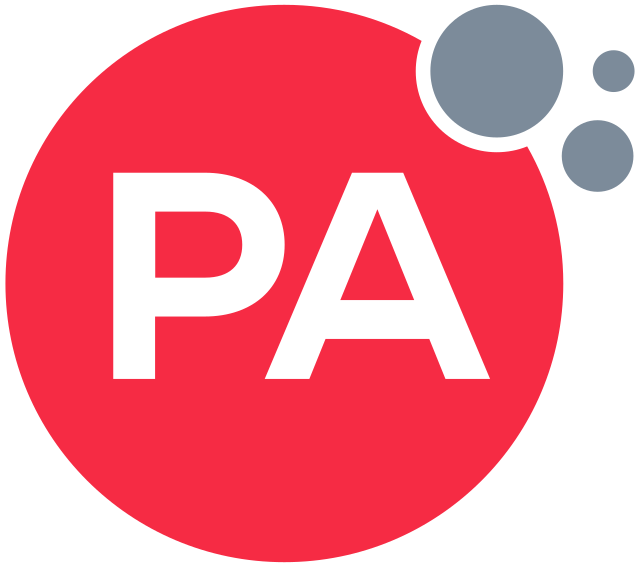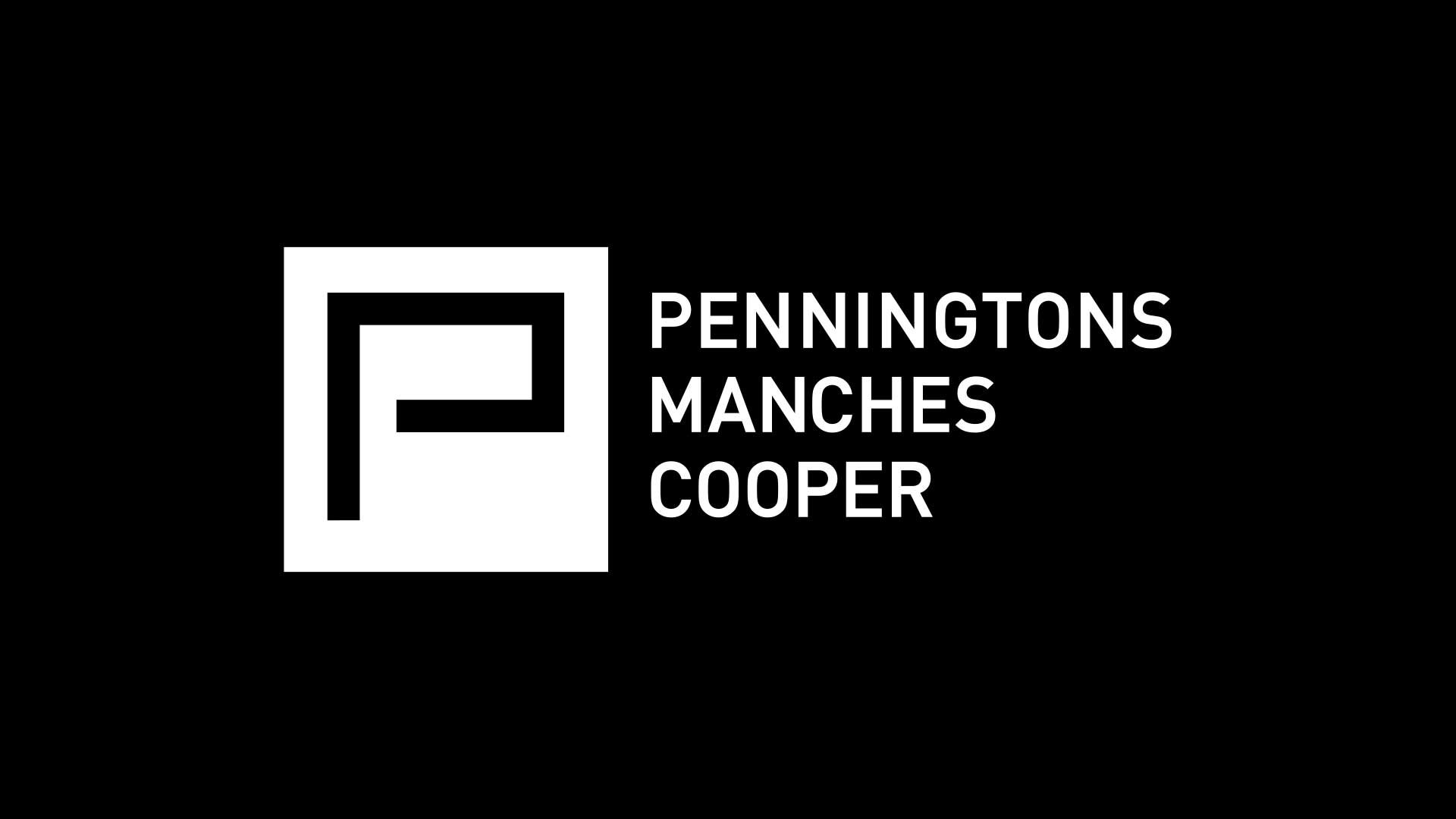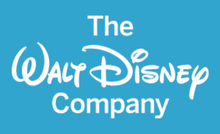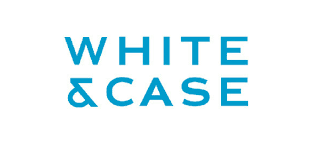Hosted by Herbert Smith Freehills
When it comes to learning about disability and building our confidence to engage with, and provide support to, individuals who have a disability or long-term health condition it goes without saying that the most effective way to do this is to learn from those who can speak from first hand experience. At today’s Breakfast Seminar we were privileged to hear from five individuals who shared their personal experiences of disability, and specifically how they managed in the workplace. Covering topics such as anxiety and depression, stammering, chronic pain, hearing loss and physical disability, our speakers provided insights that helped us to understand the challenges they faced in the workplace and how they overcame these.
All of our speakers had joined their employer as a graduate and whilst some hadn’t been open about their disability initially, all talked about how important it was to be open in order to gain the support they required. And without fail, all talked about how supportive and understanding their employer had been; from enabling them to work in areas of the business that were most appropriate and allowing flexible working to the use of technology and the provision of mental health allies.
The delegates rotated between the 5 tables, with each table having a speaker who spoke for around 10 minutes and also took questions. Although the speakers weren’t aware of what the other speakers were talking about it was interesting that certain themes materialised. A particularly interesting one was that the majority of the speakers said that it had become easier to manage their disability the more senior they had become. Whilst on one hand this is good to hear, on the other it sends a clear message that employers must ensure that support is readily and easily available when individuals first join the firm; to not do so may result in talented individuals either struggling to perform in their role or deciding to leave due to the unnecessary challenges.
Listening to all of the individuals it became apparent that all were exceptional individuals who excelled in their chosen carers; the fact that they did this despite of their disability made them even more remarkable. It was a great reminder to the employers present of what individuals can achieve providing the right support is in place and that the culture exists such that individuals feel comfortable being open about their disability and requesting the support they require.
Speakers:
Ankur Banerjee
Ankur is a Tech Arch Team Lead at Accenture in technology delivery and innovation. He joined as a graduate in 2014, and in addition to his role been involved with inclusion and diversity campaigns within the company as part of the committee on an internal group on disability issues called ‘Accent on Enablement’ – and its Mental Health Network. His passion within Accenture is to enable graduates and new analysts / consultants to find support for mental health in the workplace.
James Phoenix
James is currently an Associate in the Linklaters London Dispute Resolution department, having joined the firm as a trainee in 2014. James has a chronic pain condition which he has managed since he was fifteen and is also dyspraxic. James is part of the Linklaters’ Visability network for disability and mental health and has shared his experiences of working with a disability with colleagues and students as part of internal and external campaigns and events.
Mark Brunton
Mark works in BP’s IT function as senior business architect for their global Refining & Petrochemicals businesses. He also co-chairs the accessibility business resource group at BP’s international centre for business & technology.
Mark’s role is focused on setting the strategy, architecture and roadmaps for investment in IT across BP’s Refining & Petrochemicals facilities globally. He joined BP’s Petrochemicals business in 1997 as an apprentice instrument technician and has held a variety of roles in manufacturing, operations and IT, working globally in BP’s Upstream & Downstream segments over 20 years.
In 1999, Mark was involved in a road traffic accident which left him with significant, life changing injuries. The accident had the potential to affect Mark’s early career significantly, but by working closely with his line manager, HR advisor and occupational health, it was possible to make relatively small, but significant changes which meant that Mark could successfully complete the apprenticeship programme and continue with his career in BP.
Valerie Kemp
Valerie is an associate at Slaughter and May, focussing her practice on commercial and corporate matters. Valerie has partial deafness with no hearing in her left ear. Valerie has first-hand experience of dealing with hearing loss in a high pressure and demanding environment.
Widya Balasundaram
Widya Balasundaram works as an application support analyst within the Equities Trading Business at Citigroup. She joined Citi on the graduate programme in September 2015. Widya is very passionate about creating a positive culture in high pressure work environments, that supports individuals with speech impediments, a work culture that focuses on what is being said rather than on how it is being said. Being a recent graduate herself, she is also eager to help prospective applicants by sharing her experiences and insights on the recruitment process for the technology graduate programme at Citi.
Feedback:
““Great to have informal time to speak to people with real experiences.””
““I liked the rotating tables to speak with people on a personal and intimate level.””
““Informative seminar, interesting and speakers very open and approachable.””
““I really liked the informal and small groups which made it easier to ask questions.””
